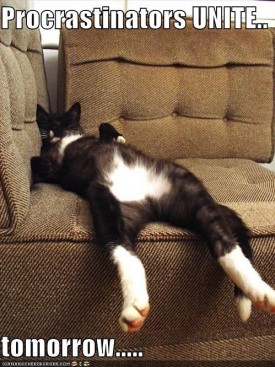
Dream Caused by the Flight of a Bee Around a
Pomegranate a Second Before Awakening
Dreams are one of life’s great mysteries. Freud saw them as the key to unlocking the unconscious mind and revealing the true desires of the Id. Psychics and mystics believe dreams can tell the future or reveal important truths about one’s life, and that lucid dreaming can be a gateway to astral projection. Creators of all types see dreams as tools for enriching the art or science they seek to create. Richard Feynman famously experimented with lucid dreaming to enable more creative problem solving; Salvador Dali used dream incubation techniques to inspire new works straight from his unconscious; Christopher Nolan’s personal dreamscape directly influenced his blockbuster film Inception.
Stephen King writes,
I’ve always used dreams the way you’d use mirrors to look at something you couldn’t see head-on, the way that you use a mirror to look at your hair in the back. To me that’s what dreams are supposed to do. I think that dreams are a way that people’s minds illustrate the nature of their problems. Or maybe even illustrate the answers to their problems in symbolic language.

